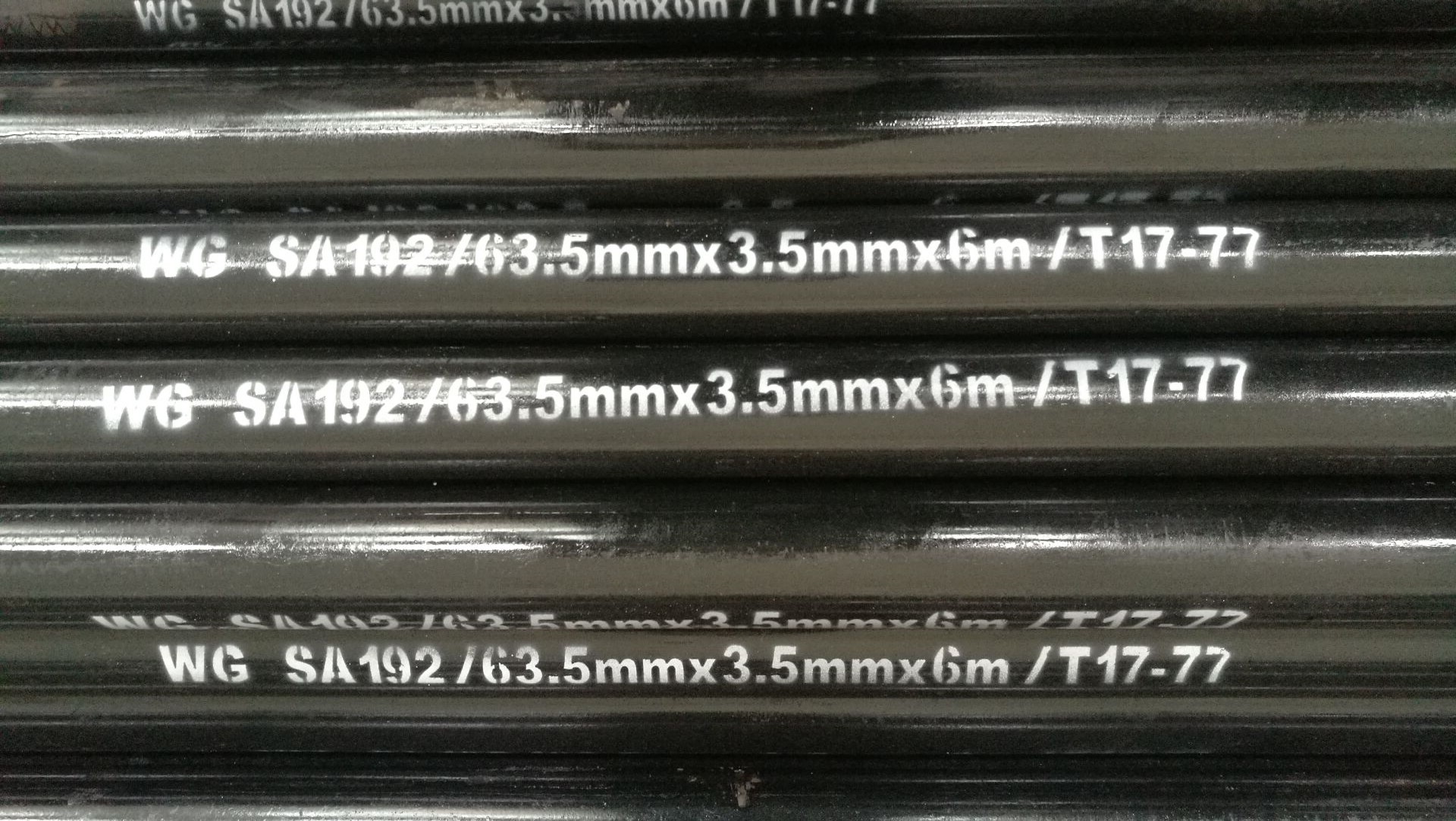Jul . 22, 2024 00:57 Back to list
Wholesale Suppliers of Durable Petroleum Pipe for Reliable Industrial Applications and Projects
The Role of Wholesale Petroleum Pipe Manufacturers in the Energy Sector
In the ever-evolving energy sector, wholesale petroleum pipe manufacturers play a crucial role in ensuring the smooth and efficient transportation of oil and gas. Pipes specifically designed for petroleum applications are fundamental components in the infrastructure that underpins the global energy market. Understanding the significance, types, and innovations within this field is essential for stakeholders and consumers alike.
Significance of Petroleum Pipes
Petroleum pipes are engineered to withstand the demanding conditions associated with the transportation of crude oil, natural gas, and refined petroleum products. These pipes must exhibit outstanding durability, corrosion resistance, and mechanical strength to sustain continuous use in hazardous environments. They are typically fabricated from various materials, including carbon steel, stainless steel, and high-density polyethylene (HDPE), which are selected based on the specific requirements of the application.
The importance of these pipes becomes even clearer when we consider their role in logistics and supply chain management. Efficient transportation of petroleum products is vital to meet the world's energy demands. Manufacturers of petroleum pipes not only provide the essential materials but also ensure that they meet regulatory standards and safety protocols, which are critical in maintaining operational integrity and environmental safety.
Types of Petroleum Pipes
Wholesale petroleum pipe manufacturers offer a diverse range of products tailored to the specific needs of the petroleum industry. These include
2. Welded Pipes These pipes are made by welding together metal plates or strips to form a pipe. They are commonly used in various applications, offering a cost-effective option for lower pressure needs.
wholesale petroleum pipe manufacturers

3. Coated Pipes For enhanced protection against corrosion, many manufacturers offer pipes with special coatings. These coatings can defend against environmental factors that may compromise the integrity of the pipes over time.
4. Specialty Pipes Some manufacturers focus on producing specialty pipes designed for unique applications, such as sour service pipes, which must perform under corrosive environments containing hydrogen sulfide.
Innovations in the Industry
As the energy sector continues to face challenges such as fluctuating prices, environmental regulations, and technological advancements, wholesale petroleum pipe manufacturers have responded with innovations aimed at improving performance and sustainability.
One significant trend is the increasing use of advanced materials that are lighter yet stronger, enabling reduced transportation costs and easier handling. Additionally, manufacturers are investing in smart technologies, integrating sensors into piping systems to monitor structural integrity and detect leaks in real-time. This proactive approach can dramatically minimize environmental risks and increase overall safety.
Sustainability is another area gaining traction, with companies exploring the production of pipes from recycled materials and developing eco-friendly coatings. As the world shifts towards a greener future, these initiatives position manufacturers as responsible actors in the oil and gas industry.
Conclusion
Wholesale petroleum pipe manufacturers are pivotal in supporting the energy sector's infrastructure. Their role in providing high-quality, durable pipes ensures the safe and efficient transportation of petroleum products worldwide. Coupled with ongoing innovations and a commitment to sustainability, these manufacturers not only meet current industry demands but also pave the way for a more resilient and eco-conscious future in energy transportation. As global energy needs grow, the importance of these manufacturers will only increase, reinforcing their position as key players in the energy landscape.
-
High Quality Mild Steel Pipe Manufacturers in China for Exporting Premium Industrial Solutions
NewsAug.01,2024
-
Exploring Key Characteristics of Wholesale API Steel Pipes for Your Business Needs
NewsAug.01,2024
-
Current Wholesale Prices for ERW Steel Pipes in the Market Right Now
NewsAug.01,2024
-
Exploring the Diverse Applications and Benefits of China Round Steel Pipes in Construction and Industry
NewsAug.01,2024
-
Top Quality API 5L ERW Steel Pipe Manufacturer Offering Reliable and Durable Solutions for Your Needs
NewsAug.01,2024
-
Reliable Supplier of Premium Quality Concrete Pipes for Durable Construction Projects
NewsAug.01,2024